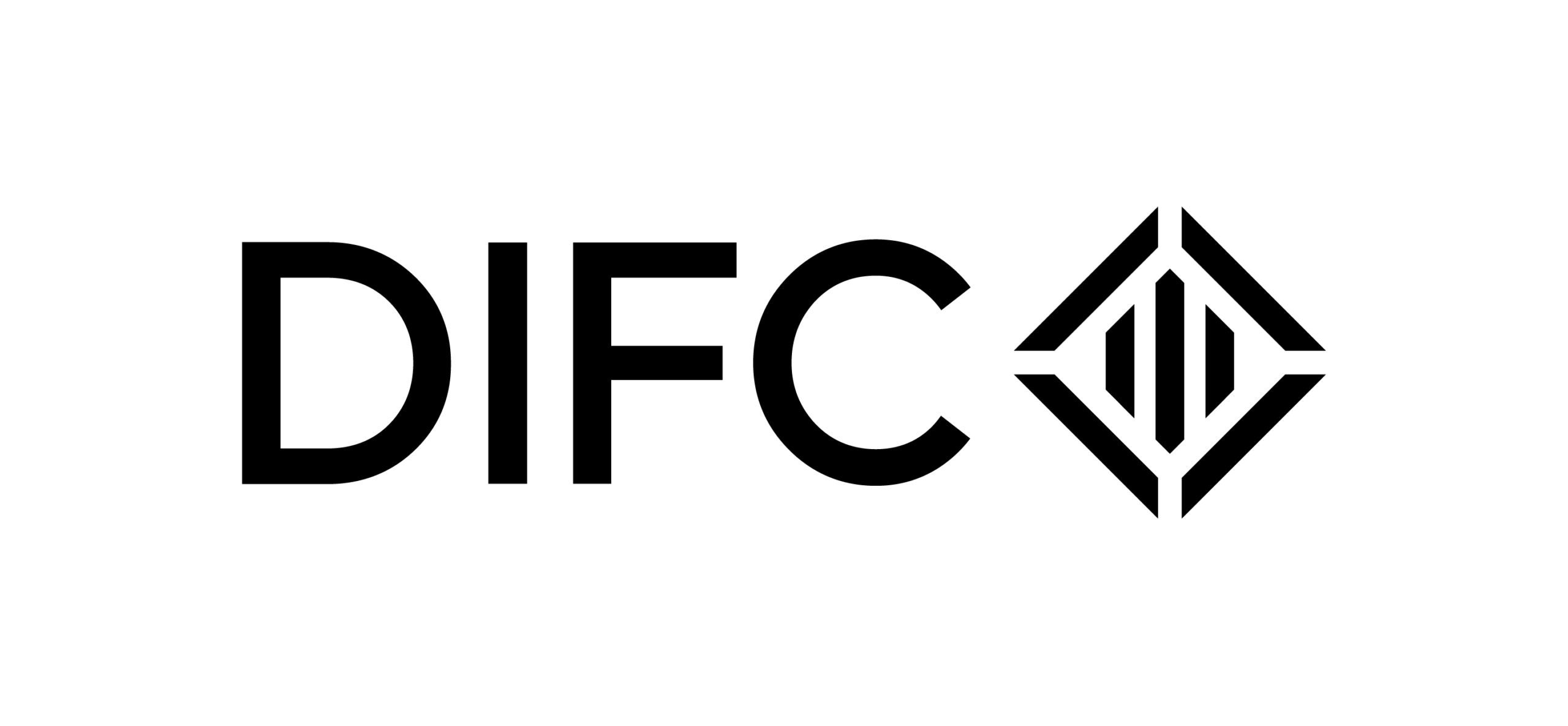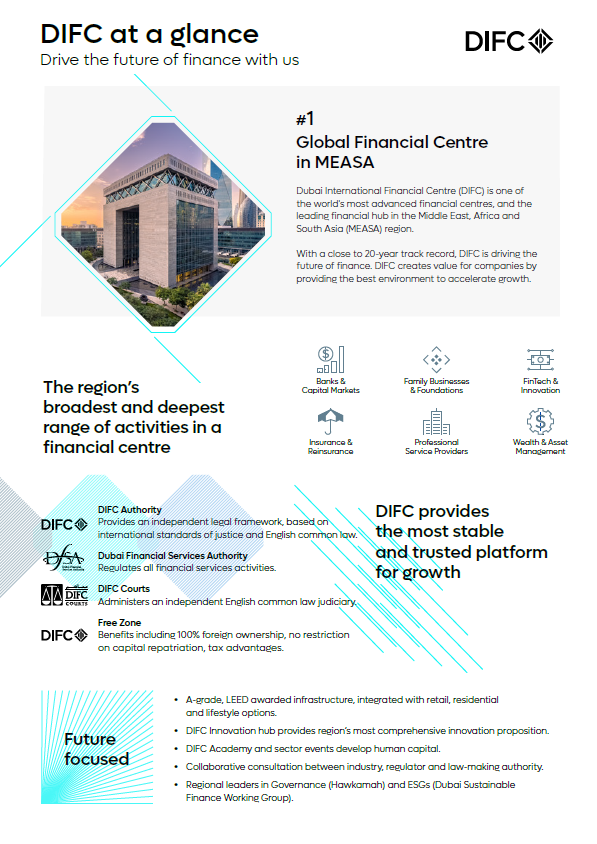
The Middle East’s IPO boom is set to continue as the pipeline of company listings deepens. In the first half of 2023, there were 23 regional initial public offerings, according to EY.
Those numbers are driven by listings coming out of Saudi Arabia and the United Arab Emirates.
In 2021, the government of Dubai announced plans to list 10 state-owned companies to boost the size of its financial market and position as the UAE’s capital for financial services, targeting a value of AED3 trillion (US$8.16 billion). Towards the end of 2023, that push continued with the Dubai government announcing it would sell a 25% stake in Dubai Taxi Co. in an IPO that could raise around US$300 million, according to Bloomberg.
To discuss the origins of this IPO push, the impact on Dubai’s equity market, and DIFC’s role in encouraging future listings, Investment Monitor sat down with John Wilkinson, head of emerging markets equity capital markets and managing director at Goldman Sachs.
The IPO boom has made a lot of headlines over the last year or so in the Gulf. And it’s a trend that is still continuing. What is driving this?
JW: At the moment, it is clearly a strategic objective of the UAE government to bring assets to market and to help diversify and grow their exchanges. Much of this has come from initial public offerings (IPOs), and these are good companies with predictable, stable cash flows.
And the government has taken a reasonable approach to pricing and prioritisation of aftermarket dynamics. For investors, this has created a virtuous circle of interest in participating, and it’s also built investor trust. That has fostered further interest, and every deal we see coming to market has brought an expanding universe of investors and a willingness to learn about the companies and the opportunity presented.
Do we expect to see this trend continue? And if so, for how long?
JW: We absolutely expect it to continue. We’re probably halfway through the advertised 10 companies Dubai wanted to bring to market so that flow will continue.
But importantly, this push to list companies was meant to stimulate participation from UAE-based private companies, family-owned businesses, and potentially private equity-owned businesses.
The other segment of the economy that we’re starting to see mature is a high-growth technology sector where Dubai has become a real regional hub for these businesses. That sector may take a little longer to come through, but there is a growing number of companies that are large enough to come to market that will be interesting investment opportunities.
Over the next 12 to 18 months, there will be a broadening of the supply and diversification of the types of businesses that come to market beyond the initial IPO boom that came from the government. That is currently happening in Saudi Arabia, and I believe we’ll see that in the UAE as well.

With more IPOs expected in the pipeline, what does that mean for the local and regional markets?
JW: The Dubai equity market, historically, was a relatively small collection of companies when compared to other global exchanges. But it’s going to meaningfully diversify and grow.
Both of those are important in terms of giving the market more critical mass, more liquidity, and a bigger representation in the major global indices (like MSCI Emerging Markets).
The traditional sectors represented in the Dubai market were real estate, banks, and telcos. Now we are seeing opportunities to invest in different themes of the economy. Now, they’re really working to tell the country’s, and Dubai’s underlying story and educate the global investor base about what’s going on here. We’re seeing the impacts of that as well.
You mentioned technology earlier. Are there any other sectors to be looking out for over the next 12 to24 months?
JW: The government has also been active in trying to stimulate activity from family holding companies and family-owned assets. Many of the highest quality businesses in Dubai have been owned by some of the big families and have been key to the emirate’s success over the years. There is a desire for the market to be represented by those companies as well.
We’ve already talked a lot about the effects this IPO boom is having on the market. Are there any other effects that we should be on the lookout for?
JW: One of the dynamics we’ve noticed is that this boom has happened at a time of bust everywhere else, so it’s exaggerated in terms of relevance to the global market. It’s been very prominent, which means two things. First, it commands a disproportionate share of investor attention because it’s the only activity of size that happens. In late 2022 and 2023, the share of Middle Eastern IPO activity has been at an all-time high versus volumes across Europe, Middle East, and Africa (or EMEA). It has meant there is more focus on the region and the UAE; the universe of investors who care about the UAE and want to invest in it is expanding rapidly.
Second, on the issuer side, we’ve seen a growing number of companies asking about the relevance of the Dubai Financial Market as a listing venue for them. These might be companies that are incorporated in other markets, regional businesses, or they may even be global firms, but they’re asking the question about listing because the UAE seems to be a good place to do business at the moment.
That of course won’t apply to everyone, but there are some unique cases that we’ve seen that could apply, and Dubai could become a destination for other companies and other markets to come.
How is DIFC helping accelerate this trend?
JW: There are two ways this is happening. First, it’s an attractive jurisdiction for incorporation as a free zone within the UAE. It’s very business friendly in the way the law functions, and it’s similar to many Western jurisdictions. There’s a degree of familiarity and comfort for companies incorporating in the DIFC, and they can use that as a gateway to the DFM.
And secondly, we’ve seen DIFC really grow as a venue for global investors to come and base themselves. That’s true not only of investors who focus on the DFM and the region, but also global firms who are relocating, and investors who run global portfolios and invest in assets around the world. It’s just a very good place to do business.
To learn more about establishing your business in DIFC, download the free paper below.



